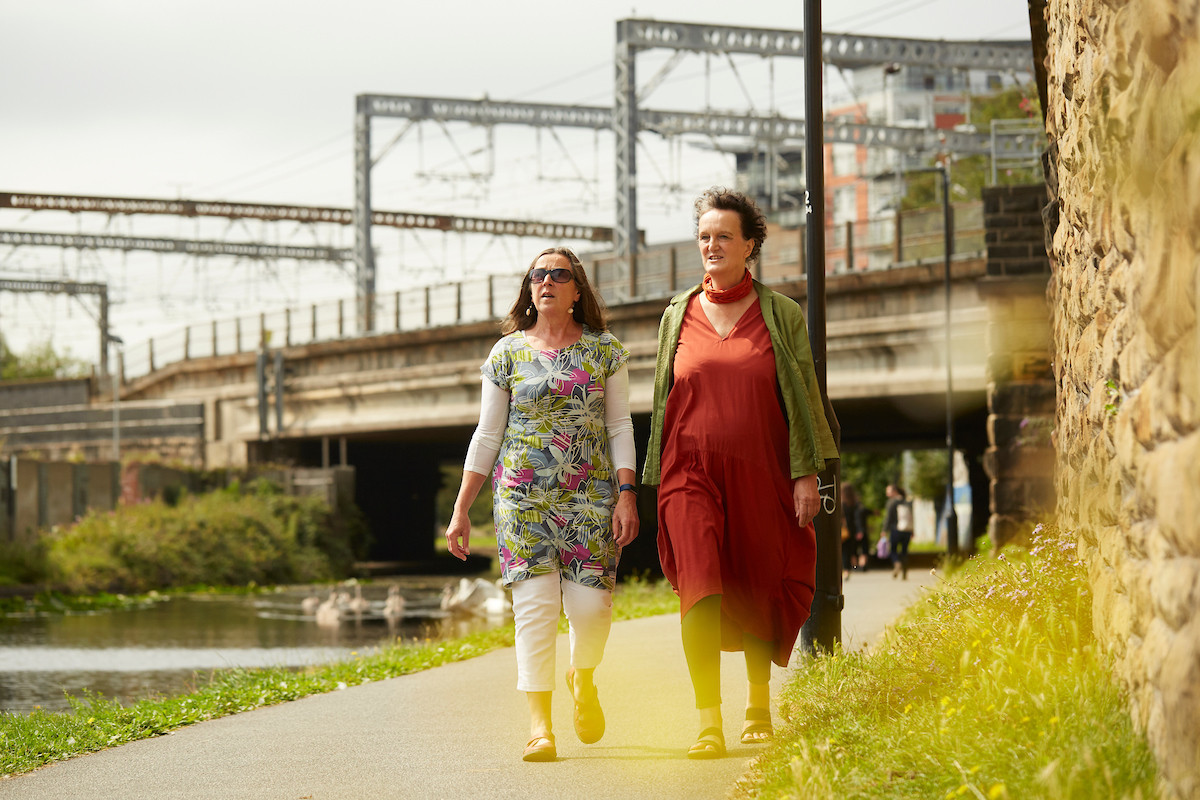
Fear stalked the corridors of our lives. Stigma followed our every footstep. Cure, or at least containment, was still a long way in the future.
Barney
Before I could walk – or even talk much – my mother would sit me on a blanket in the back garden, and put a little book in my hands. Progress and Poverty it was called. A Victorian treatise on social conditions and political economy by Henry George. I couldn’t read a word, of course, but that was beside the point. I loved the book itself: small enough to fit my hands – the gentle turning of the pages was an act of contemplation; the holding of the book, an entry into another world, far away from the noisy squabbling family I belonged to. When my mother came to gather me up, book, blanket and baby, some time later, I was always in the exact place she had left me, perfectly still, utterly content. Like the Buddha under the Bodhi tree. I have been searching for that stillness ever since.
When I was 29, I got very sick with glandular fever. Pale and weak, I started yoga, as a physical rehabilitation. Slowly my strength returned, and I began to take dance classes at Brixton Recreation Centre. Never one to take any exercise, I suddenly fell in love, hook, line and sinker, with contemporary dance. I left my work as a journalist and trained full-time at the Laban Centre in London. Everything speeded up. Even in my dreams I was moving – fast.
Into this maelstrom walked a tall, elegant Greek man called Andreas Demetriou, who was known then – and still is – as the T’ai Chi guru of South London. Like the child on the blanket, with that little book in her hands, I was drawn to this man and the movements that he made, without having a clue what they signified, or how to do them. Peaceful, calm, contemplative: T’ai Chi was everything that my dance training lacked. Gradually, the world slowed down, into an elegant twenty minute sequence. From the opening movement, The Rising Sun, to its inward-focussed conclusion, Carry Tiger, Return to the Mountain, I learned to rehearse my whole life in miniature. Each of the three parts represented, in allegorical movement, the three stages of life: Childhood, Adulthood, Old Age and Death. And when the sequence finished, the whole cycle began all over again. Finally I learned to control my body, in a flow of energy and power. T’ai Chi means peace and vitality. Stillness in movement. My troubled and chaotic young adult self had – in endless flow – come to rest.
Death came late to stalk me, after a childhood and adolescence where all the adults around me stayed healthy and robust. It was my own generation who learned about loss, on an epic scale. This was the eighties. And AIDs came knocking at our door. By the time I was 35, I had watched three young men die an agonising death. Fear stalked the corridors of our lives. Stigma followed our every footstep. Cure, or at least containment, was still a long way in the future. A whole generation of young gay men believed they would never grow old. And many of them never did.
When I met Tim, the man who would become my husband, I believed that he, at least, would never leave me. He was six foot five, physically strong, mentally stable. Yet, by the time he was 37, he had contracted a rare and incurable cancer. Our daughter was not yet two. Our life together had just begun. Ten years later, at 47, Tim was dead.
One day, when the cancer was already very advanced, and my mind was tearing itself into shreds at the thought of what was to come, I took a book from the shelf and began to read. It was The Tibetan Book of Living and Dying, by buddhist monk Sogyal Rinpoche. The book had been there for years and I had never even opened it. Perhaps I had never felt the need, until this moment. The words inside were simple, calm and lucid. Life is transient. Everything passes. Learn to let go, to breathe in, to breathe out, and be still – and everything will be alright.
T’ai Chi, my faithful friend in movement, was still beside me. But I needed something else as well. I had to learn to stop moving: to train the mad and frightened monkey in my mind to settle down, and to make my peace with death. I began to meditate, haltingly, inexpertly, and without a companion or guide. And as the days and weeks and years went by, I continued to do so, as frequently as I could. I still do. The worst still happened. Tim died. Then my mother, my beloved aunt, and my father. Friends grew ill and left me. I had periods of ill health and sorrow myself. But somehow I managed just to sit down, here and now; to breathe; to be still. No book, no movement to hold me. Just the earth beneath, the sky above, and the space, passing around and between us all. Keeping us separate, holding us together. In perfect quiet.